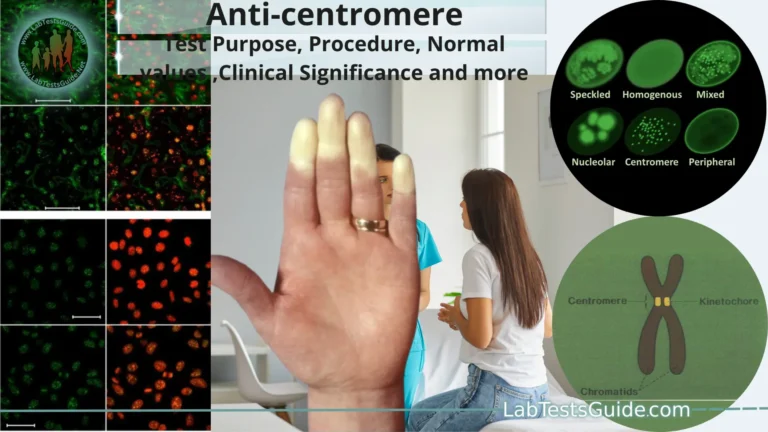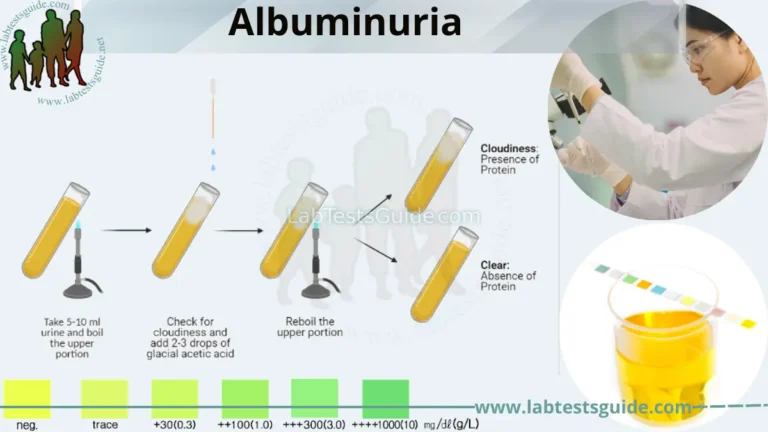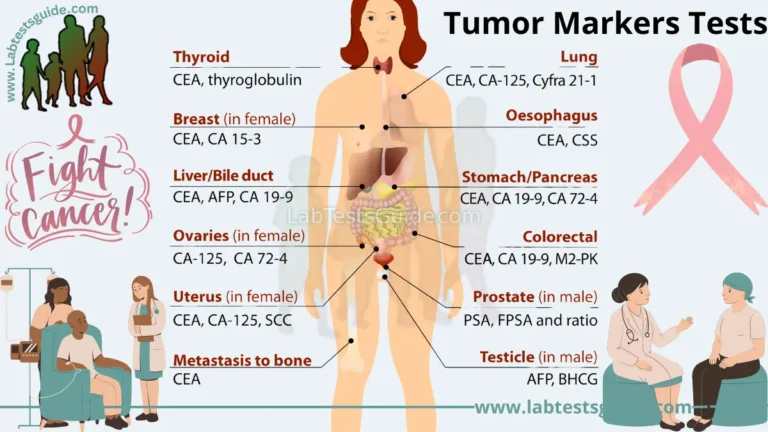Cardiolipin IgG refers to immunoglobulin G antibodies specific to cardiolipin, a phospholipid found in the inner mitochondrial membrane and certain bacterial cell walls. The presence of Cardiolipin IgG antibodies is associated with autoimmune disorders such as antiphospholipid syndrome (APS), which can cause abnormal blood clotting and pregnancy complications.

| Also Known as | Anticardiolipin Antibodies, Cardiolipin Antibodies, aCL Antibody |
| Test Purpose | The cardiolipin antibodies test looks for a specific type of antibody in your blood. An antibody is a substance in your blood that helps fight infection. |
| Test Preparations | No Special Preparation Required |
| Test Components | Cardiolipin ab IgG, IgM, IgA |
| Specimen | 4 ML (3 ML Min.) Serum From 2 SST’s. Ship Refrigerated Or Frozen. |
| Stability Room | 6 Hrs |
| Stability Refrigerated | 72 Hrs |
| Stability Frozen | 2 Weeks |
| Method | Enzyme Immunoassay |
| Download Report | Download Report |
Why to Get Tested:
- To help investigate inappropriate blood clot formation,
- To help determine the cause of recurrent miscarriages,
- This test is part of an evaluation for antiphospholipid syndrome or sometimes other autoimmune diseases
When to Get Tested:
- When you have had one or more unexplained blood clots (thrombotic episodes) in a vein or artery
- When you have had recurrent miscarriages, especially in the second and third trimesters
- when you have symptoms consistent with an autoimmune disease
Normal Value:
Tests can measure IgG or IgM , which may have different cut-off points to be considered positive or negative.
Cuttof Point : 15.0
Negative: < 12.5 MPL U/ml
Equivocal: 12.5-20.0 MPL U/ml
Positive; > 20.0 MPL U/ml
Negative Result Mean:
A negative result means no cardiolipin antibody was detected in the blood. However, cardiolipin antibodies may take some time to develop in those with autoimmune disorders
Positive Result Mean:
A positive result means that cardiolipin antibody was detected in the blood. As mentioned earlier, the presence of cardiolipin antibodies may indicate several diseases, such as:
- Syphilis
- Antiphospholipid syndrome (APS)
- Systemic lupus erythematosus (SLE)
- Behçet’s disease
Possible References Used





